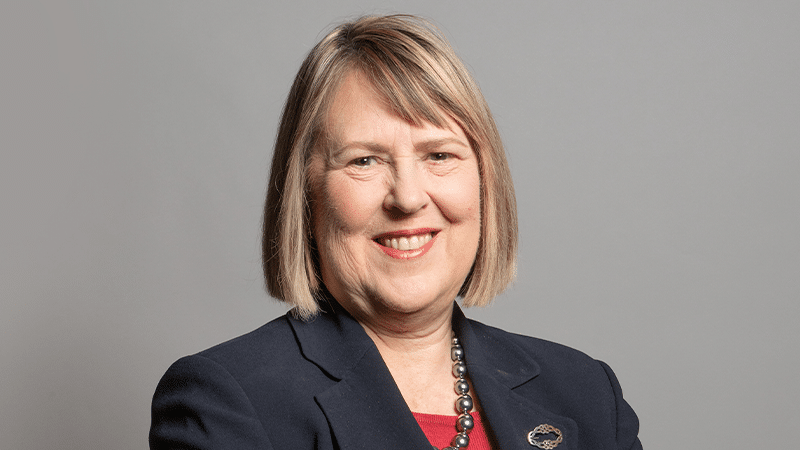The UK’s Special Envoy for Freedom of Religion or Belief (FoRB) has encouraged parliamentarians to imagine a future in which religion and belief is allowed to flourish.
Christian MP Fiona Bruce, appointed to the role in 2020, told colleagues that “it has never been more important to champion FoRB because it has never been more at risk”.
Christian persecution has grown dramatically over the past 30 years according to charity Open Doors, with levels “very high to extreme” in 76 countries.
‘Foundational’
Moving a debate in Westminster Hall, Mrs Bruce drew attention to the persecution of Christians in countries including China, India and Nigeria.
She particularly highlighted the trouble for Christians in Algeria, saying: “dozens – indeed, most – of the evangelical Protestant churches have been required to close in the last few years”.
The Special Envoy noted: “Political, social and economic freedoms cannot coexist alongside major limitations on FoRB.”
Christian persecution
Speaking in support of Mrs Bruce, fellow Conservative Kevin Foster MP said that “religious and political persecution go hand in hand, as denying a right to believe in God is so often linked to leaders who wish to put themselves in his place”.
Citing Open Doors, Labour’s spokesman Stephen Doughty MP highlighted the plight of “more than 360 million Christians worldwide” who “suffer high levels of persecution and discrimination for their faith. That is a staggering one in seven believers.”
Mrs Bruce concluded, “Wouldn’t it be wonderful if in these debates we could move the narrative from attitudes to religion as the cause to so many problems in the world” to one in which “every person is afforded the inherent human dignity which is their due”.
Also see:
China attempts to ‘eliminate visible presence of Christianity’
Dramatic rise in persecution of Christians in Nigeria
‘Unimaginable cruelty’ meted out to North Korean Christians
Afghanistan replaces North Korea as hardest place to be a Christian
UK Special Envoy: ‘Freedom of religion is about respecting people’s inherent worth’


